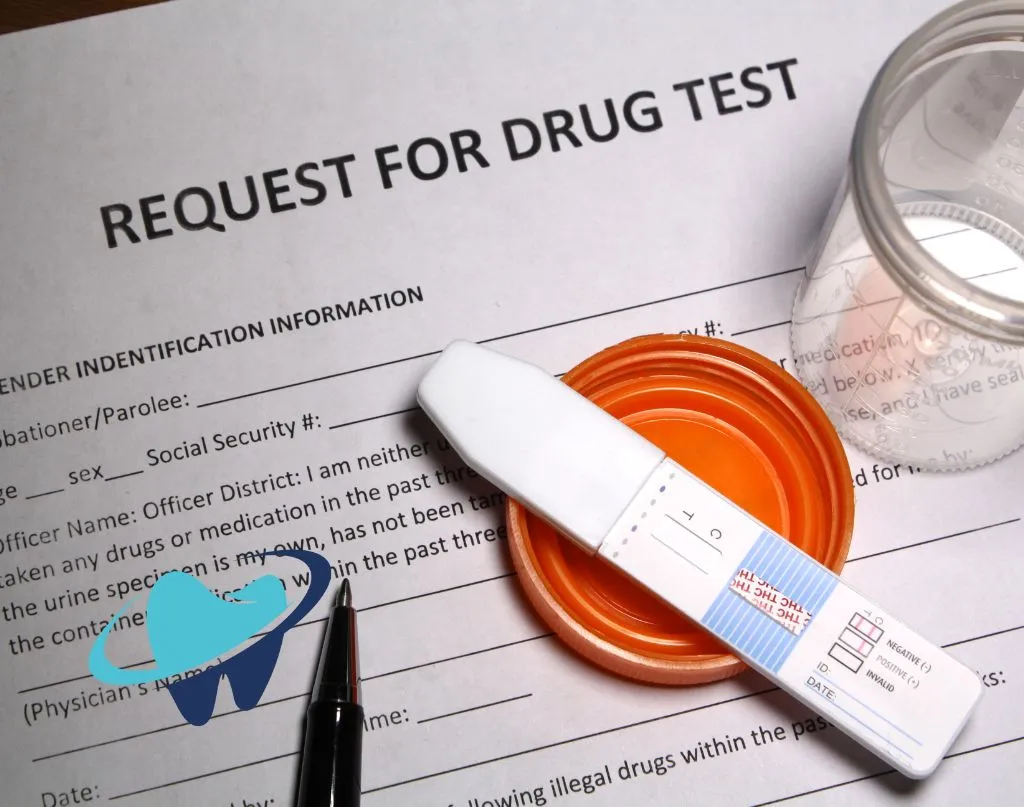Do Dental Offices Drug Test
- Home
- Do Dental Offices Drug Test
Do Dental Office Drug Test?
As dental care professionals, dentists and their staff are entrusted with the responsibility of providing a safe and healthy environment for their patients. To maintain this level of care, dental offices need to ensure that their staff is free from drug and substance abuse. In this article, we will explore the topic of dental office drug testing, including what it is, why it is necessary, and how it can be implemented.
What is Dental Office Drug Testing?
Dental office drug testing is the process of analyzing a sample of a dental office employee’s bodily fluids or hair to determine if they have used any drugs or substances. This testing is typically conducted as a pre-employment requirement, but can also be performed on current employees to ensure they are not using drugs or alcohol while on the job.
Drug testing can be done through a variety of methods, including urine tests, blood tests, hair tests, and saliva tests. Each method has its advantages and disadvantages, and the choice of method will depend on the specific needs of the dental office.

Why is Dental Office Drug Testing Necessary?
Dental office drug testing is necessary for several reasons, including:
Patient Safety: Dental offices are responsible for the safety and well-being of their patients. If an employee is under the influence of drugs or alcohol, they may not be able to perform their job duties properly, which could put patients at risk.
Liability: If a dental office employee causes harm or injury to a patient while under the influence of drugs or alcohol, the dental office can be held liable for the employee’s actions.
Reputation: A dental office with employees who use drugs or alcohol can damage the reputation of the office and its staff, leading to a loss of patients and revenue.
Employee Safety: Drug and alcohol abuse can also pose a danger to the employee themselves. By identifying employees who are struggling with substance abuse, the dental office can provide them with the help they need to overcome their addiction and prevent further harm.
Implementing Dental Office Drug Testing
Implementing dental office drug testing requires careful planning and consideration. Here are some steps to follow when implementing a drug testing program:
Develop a Drug Testing Policy: The first step is to develop a drug testing policy that outlines the purpose of the program, the testing methods that will be used, the consequences of a positive test, and the rights of the employees.
Train Employees: Once the policy is developed, all employees should receive training on the policy and the importance of drug testing. This training should be documented and kept on file.
Choose a Testing Method: The next step is to choose a testing method. Urine tests are the most commonly used method, but hair, blood, and saliva tests are also options.
Choose a Testing Facility: After selecting a testing method, a testing facility should be chosen. The facility should be certified and have experience conducting drug tests.
Establish a Chain of Custody: A chain of custody should be established to ensure the integrity of the test results. This involves documenting the sample collection, transportation, and testing process.
Provide Results and Take Action: Once the test results are received, the dental office should provide the results to the employee and take appropriate action if the test is positive. This could include termination or rehabilitation programs.
Dental office drug testing is an important component of ensuring the safety and well-being of both patients and employees. By implementing a drug testing program, dental offices can identify employees who may be struggling with substance abuse and provide them with the help they need to overcome their addiction. Additionally, drug testing can help protect the reputation of the dental office and prevent liability issues. It is important to carefully plan and implement a drug testing program to ensure that it is effective and legal.
Remember, Legal Considerations.
When implementing a drug testing program, dental offices must also consider the legal implications. Drug testing is regulated by state and federal laws, and dental offices must comply with these laws to avoid legal issues. Some of the legal considerations include:
Privacy: Employees have a right to privacy, and drug testing must be conducted in a manner that respects their privacy. The testing should be conducted in a private location, and only the necessary personnel should be involved in the process.
Discrimination: Drug testing must be conducted in a non-discriminatory manner. This means that all employees must be tested, and the testing must not be based on race, gender, or any other protected characteristic.
ADA Compliance: The Americans with Disabilities Act (ADA) prohibits discrimination against individuals with disabilities, including those who are recovering from substance abuse. Dental offices must ensure that their drug testing policies comply with the ADA.
State Laws: State laws vary on drug testing, and dental offices must comply with the laws in their state. Some states require that employees be informed of the drug testing policy before they are hired, while others require that employees be given the opportunity to contest a positive test result.
In conclusion, dental office drug testing is a crucial component of ensuring patient safety and maintaining the reputation of the dental office. By carefully planning and implementing a drug testing program, dental offices can identify employees who may be struggling with substance abuse and provide them with the help they need to overcome their addiction. However, dental offices must also consider the legal implications of drug testing and ensure that their policies comply with state and federal laws. By doing so, dental offices can provide a safe and healthy environment for their patients and employees.




